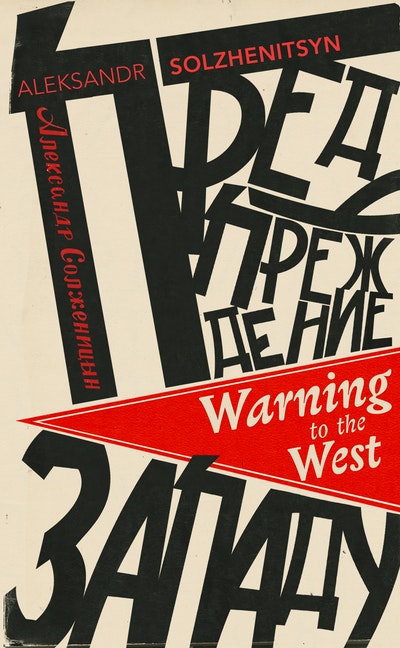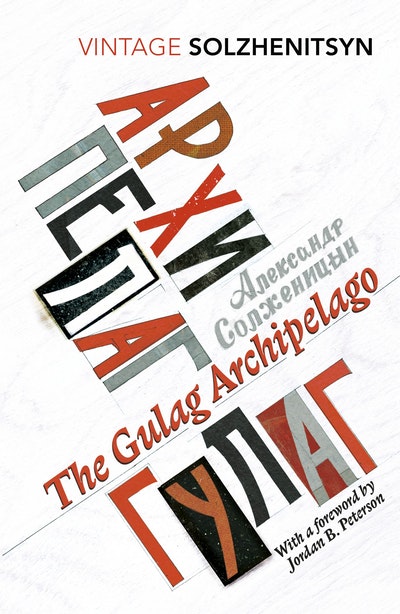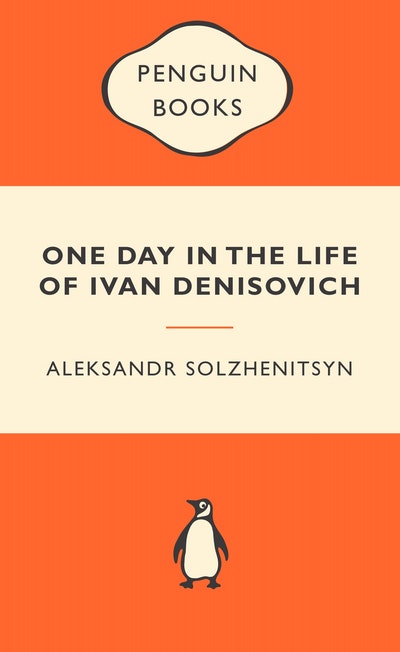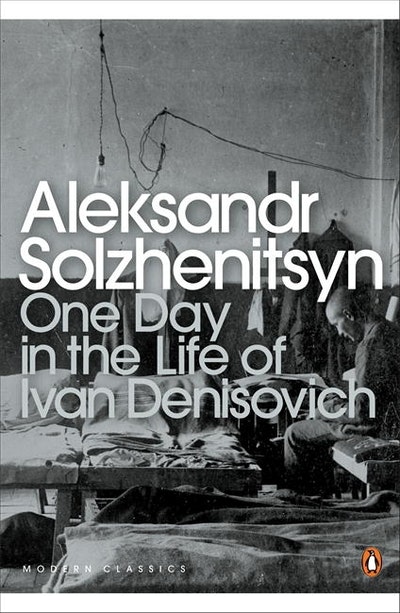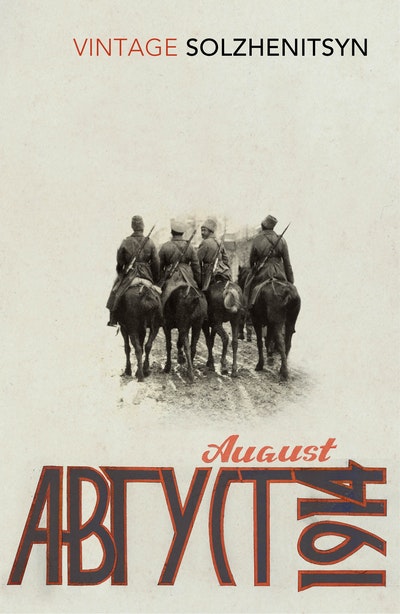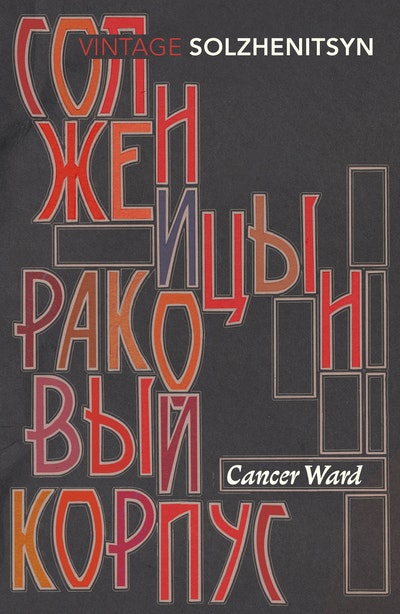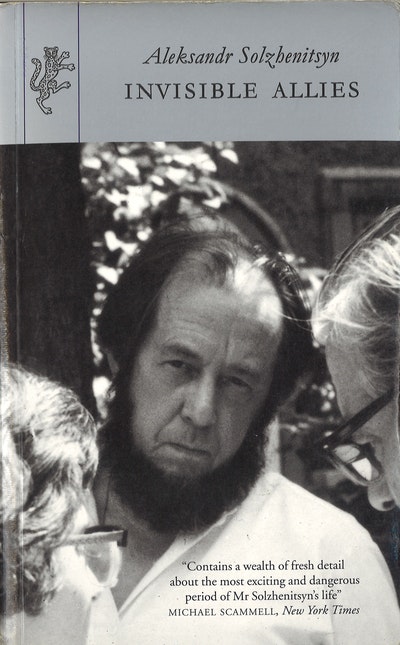Aleksandr Isayevich Solzhenitsyn was born at Kislovodsk in 1918. After graduating at Rostov University in mathematics—he took a correspondence course in literature simultaneously—he was called up for the army. He served continuously at the front as a gunner and artillery officer, was twice decorated, commanded his battery, and reached the rank of captain. In early 1945 he was arrested in an East Prussian village and charged with making derogatory remarks about Stalin. For the next eight years he was in labor camps, at first in 'general' camps along with common criminals in the Arctic and later in Beria's 'special' camps for long-term prisoners. The particular camp described in his book One Day in the Life of Ivan Denisovich was in the region of Karaganda in northern Kazakhstan. Released in 1953, on Stalin's death, Solzhenitsyn had to remain in exile for three years although his wife was allowed to join him, before returning to Russia. He settled near Ryazan and taught in a secondary school. In 1961 he submitted his novel, One Day ..., to Aleksandr Tvardovsky, the poet and editor of Novy Mir (New World), a literary journal; it was published, on the final decision of Khrushchev himself, in the November 1962 edition of Novy Mir, which sold out immediately.
Three further stories by him were published during 1963 and a fourth in 1966. In 1968 Solzhenitsyn came under attack from the Russian Literary Gazette, which alleged that since 1967 his aim in life had been to oppose the basic principles of Soviet literature, and accused him of being content with the role given him by ideological enemies of Russia. He was expelled from the Soviet Writers' Union in 1969 and in 1974, after the publication in Europe of his book The Gulag Archipelago, he was arrested by the authorities and deported. August 1914, Cancer Ward, The Love-girl and the Innocent (a play), Matryona's House and Other Stories, Candle in the Wind (a play) and Lenin in Zurich are all published by Penguin. The Red Wheel series—of which August 1914 is the initial volume—is his most recent work. In 1970 Solzhenitsyn was awarded the Nobel Prize for Literature.
